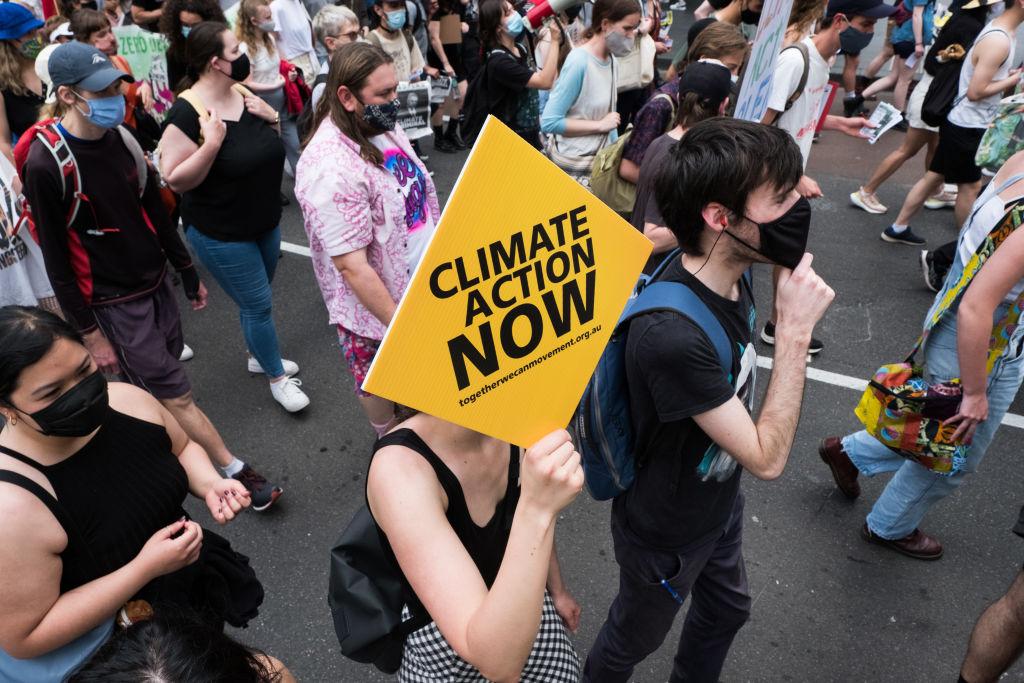Commentary
On Nov. 17, School Strike 4 Climate organised walkouts by Australian high school students to protest against the government’s climate response.

On Nov. 17, School Strike 4 Climate organised walkouts by Australian high school students to protest against the government’s climate response.